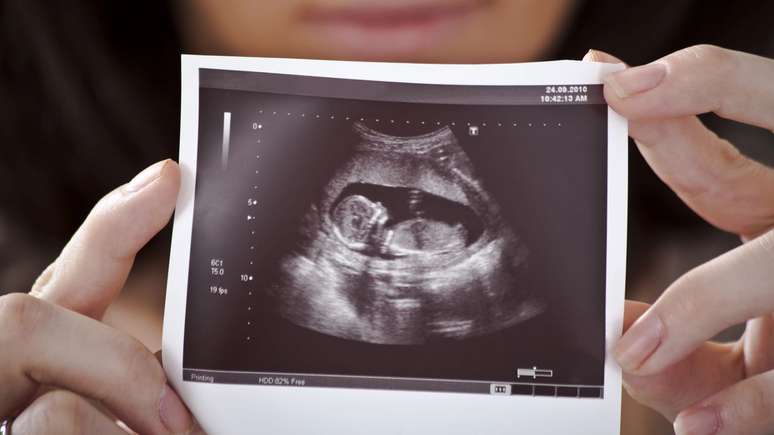Cervical cancer represents one of the most common malignancies among women, with profound impacts on patients’ lives. It is an illness that often requires medical decisions that directly impact the dream of becoming a mother. The story of Angelica Hodecker serves as an example of how medical advances are transforming these complex decisions and offering new hope.
Angélica, a young woman of 30, recently married and without children, had to face the harsh reality of a diagnosis of cervical cancer. With an unwavering desire to become a mother, she had to consider treatment options that threatened her dream. The initial decision to remove the uterus and other reproductive organs was radical but necessary to halt the progression of the disease.
What are the treatment options to preserve fertility?
Faced with these drastic options, Angélica looked for less invasive alternatives. Conization, which removes only the diseased part of the cervix, was the first attempt to preserve the reproductive organs. However, when this proved insufficient, chemotherapy and pelvic radiotherapy became inevitable, culminating in infertility. However, methods such as egg freezing offer the possibility of motherhood through a surrogate mother.
Uterine transposition in the face of cancer
In her ongoing quest to preserve fertility, Angélica came across a still experimental technique: uterine transposition. Developed by surgeon Reitan Ribeiro, this innovative surgery temporarily repositions the uterus and other reproductive organs, protecting them from the effects of radiation therapy. This technique, still in the testing phase, has brought new hope, allowing women undergoing aggressive treatments to maintain the ability to become pregnant in the future.
- Uterine transposition has become a viable option for some specific patients.
- It is not suitable for all women, but it offers a significant alternative for those whose disease does not affect the uterus.
- Surgery should be followed by rapid radiation therapy, minimizing delays in cancer treatment.
After surgery, patients like Angélica face a journey of uncertainty, but also of hope. After undergoing surgery and subsequent cancer treatment, Angélica underwent the necessary follow-up to ensure her cancer was in remission. Surprisingly, she was able to get pregnant naturally after the treatment, despite the identified physiological difficulties. This unexpected success not only brought personal happiness, but also fueled the scientific literature with an unprecedented case study.
Source: Terra
Rose James is a Gossipify movie and series reviewer known for her in-depth analysis and unique perspective on the latest releases. With a background in film studies, she provides engaging and informative reviews, and keeps readers up to date with industry trends and emerging talents.







